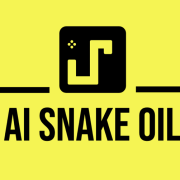Weeknotes 266 - precepts of our entangled artificial life
Continued reflections on human-ai-thing interactions, latest news and events to notice and visit. And updates.
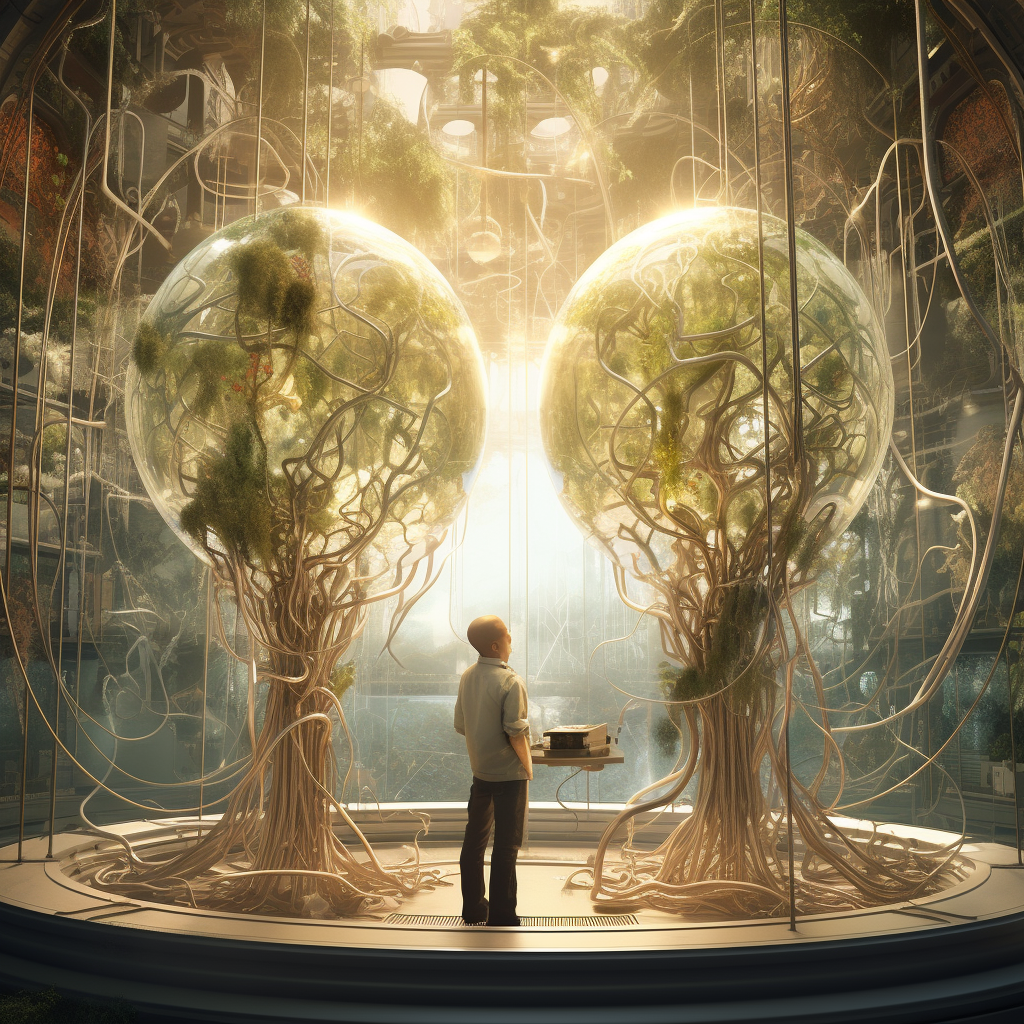
Hi y’all, Happy Sinterklaas if you are celebrating this…
The week of a climate conference “in het hol van de leeuw” while the urgency is still not clear to all. (Perplexity: “in the lion’s den” describes a situation where someone is in a place or situation where they are in great danger or facing a formidable opponent).
Triggered thought
Listening to the Poki podcast last week, Wietse referred to the concept of precepts and how these might be a different form of mastering AI and GPTs. Or better, how the real co-performance or deep partnership with AI is played out when you can communicate on the level of precepts and not on the outcomes. I had to think about a presentation at This Happened back in the day by an architect working at a Dutch architectural agency ONL of Kas Oosterhuis famous for integrating technology as part of the design material. The project presented was a design for a climbing hall, and the interesting part was that they managed to create a bespoke architecture for the walls by not designing the components as objects but by designing the CNC machine that would produce the components. Which was already on a deeper level even than the so-called “transformative algorithmic design”.
This is the returning theme I think, that might pop-up almost every week. We are increasingly conscious of how nature is based on entanglement (read this book, or this); the next entanglement is the potential of the new forms of intelligence that emerge from our merge with the precepts…
Events to check
- Just opened: AICON Lab in Rotterdam
- 6 December, Amsterdam - The Hmm; Ask Us Anything: Hotline on AI Advice
- 6 December, Amsterdam - DIY Sensemakers Labs
- 7 December, online - v2; Shifting Cosmologies: more than human AI
- 7 December, Delft, online - Data-Centric Design Symposium
- 8 December, Rotterdam - Creative Mornings
- 11 December, online - the future of global AI governance https://www.verses.ai/ai-governance
- 15 December, Rotterdam - TH/NGS 2023 (register for the early bird price with code FRIENDofTHINGS-IS )
Notions from the news
Next to updates on AI, you can do a weekly report on the latest on OpenAI (1, 2, 3,) and also on Elon’s strange moves of the week. The latter is becoming more and more disassociated from reality. After moving to Mastodon and Blue Sky, Threads becomes another option for Europeans too.
Google is pushing back it’s next-level AI, quietly, but ainvent new materials from history. Amazon in introducing a hallucinating Q.
AI assist
Dan Shipper describes how to leverage ChatGPT to assist in decision-making by finding out what others have figured out before.
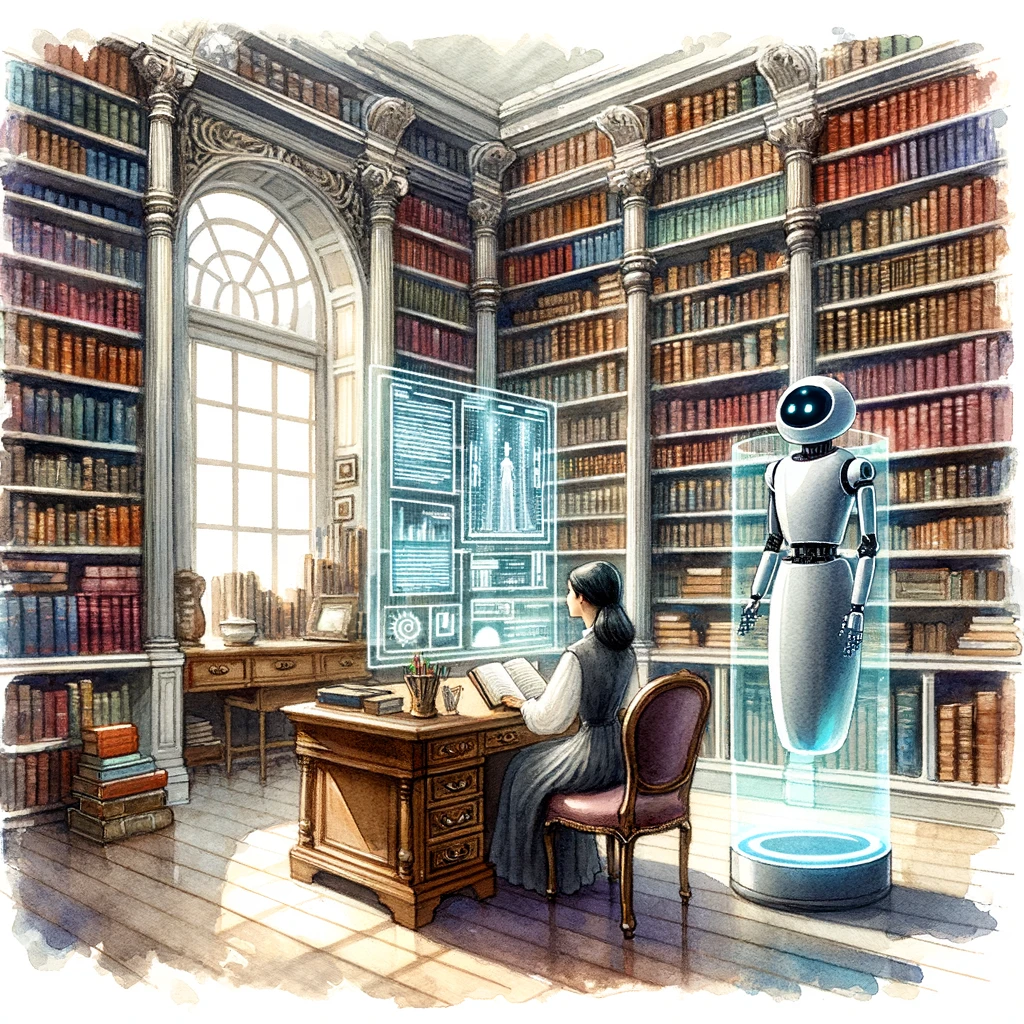
Edge computing was a thing, the thing even, before LLMs became dominant. Could make a comeback with personal AI-assistants.
Bespoke GPTs are taking off but with consequences.

GenAI in the enterprise, longread and data-intense, scenario planning might be a useful tool


New assistants of the week: iA Writer helps to explore what is real, Personal Voice for disabled phone users, smart router, seamless translations.
And Stability AI is introducing realtime text-to-image generation. You still need some computing power, but real-time prompting is next level in human-machine interaction.
AI harms
The warning against harms is not always motivated by the right intentions, researchers found. The solutions are not helping either… On a different level, the carbon footprint of AI is explored in more detail. It is a catch-22 if you are projecting it as a solution for climate change at COP28.
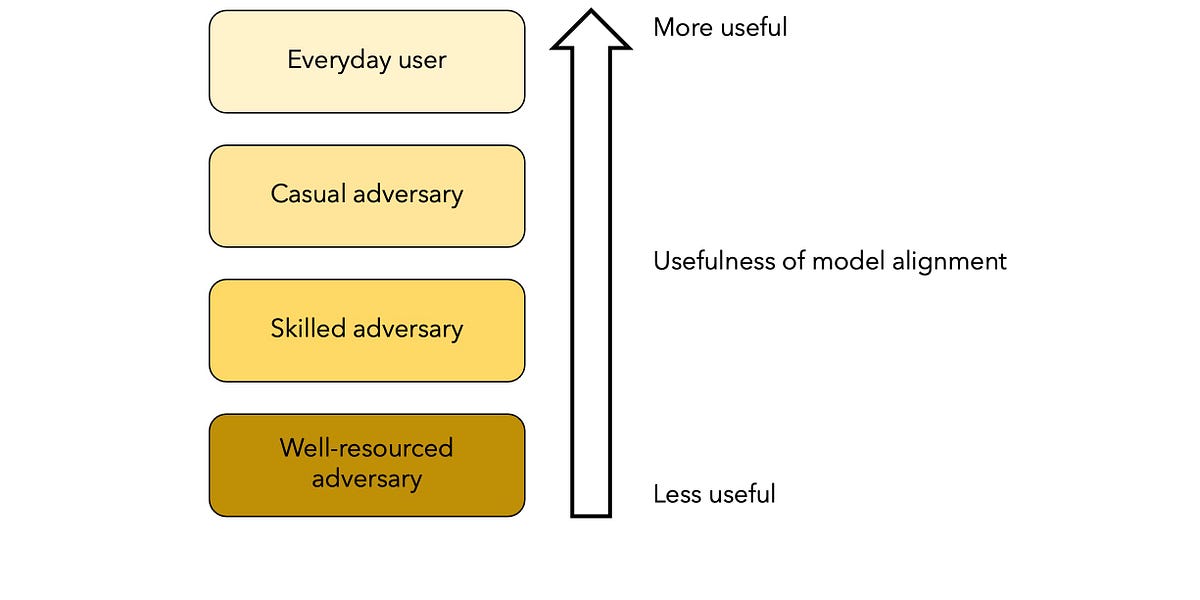
“Super-advanced artificial intelligence (AI), left unchecked, has a “serious chance” of surpassing humans to become the next “apex species” of the planet, according to Ethereum co-founder Vitalik Buterin.” And militarised AI is a higher risk than killer robots (is that not the same?)


What is real? Are memes human? Don’t trust your camera. Or pizza.
AI of A stupid? And how do we learn AI our values?


AI is eating the internet. And slowly chewing your career.
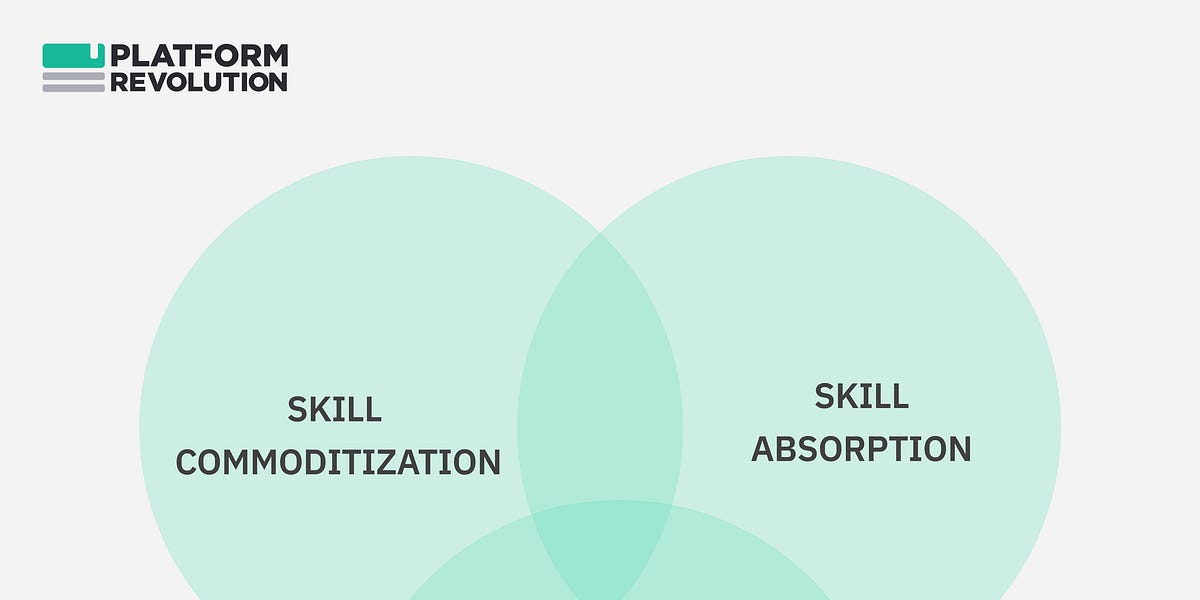
Robot intel
Teaching robots smart, co-learning

Sensing
A new product line of IKEA.

Sensing the weather, and vibes
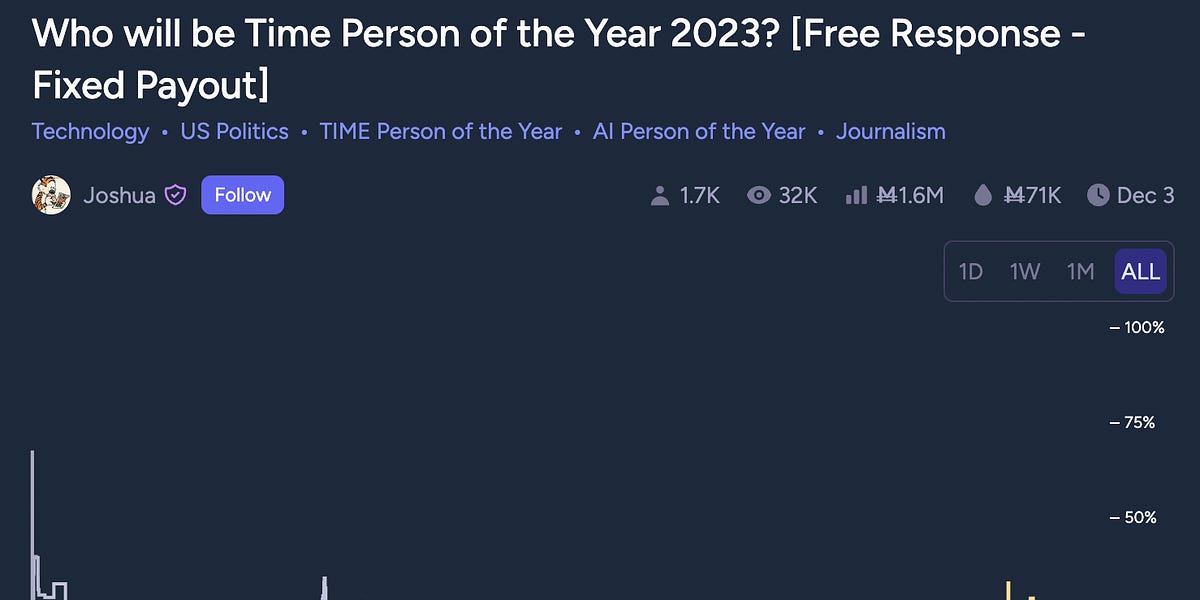
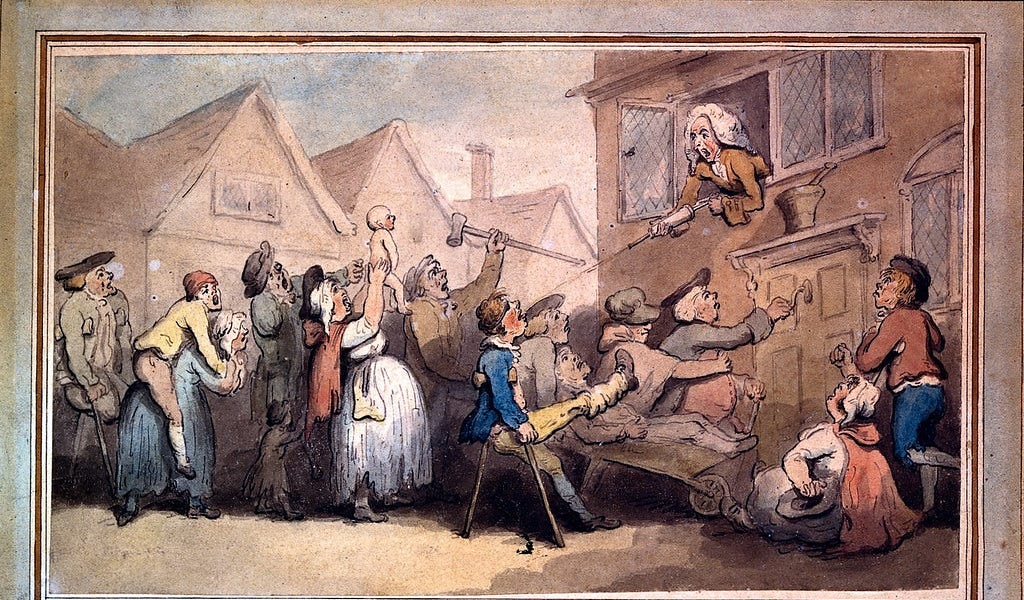
Sceptical futures? Or realistic?

Paper for the week
To keep in the theme of entanglement: Terms of entanglement: a posthumanist reading of Terms of Service
In this paper, we use ToS as an entrance point to explore design practices for democratic data governance. Drawing on posthuman perspectives, we make three posthuman design moves exploring entanglements, decentering, and co-performance in relation to Terms of Service. Through these explorations we begin to sketch a space for design to engage with democratic data governance through a practice of what we call revealing design that is aimed at meaningfully making visible these complex networked relations in actionable ways.
Seda Özçetin & Heather Wiltse (2023) Terms of entanglement: a posthumanist reading of Terms of Service, Human–Computer Interaction, DOI: 10.1080/07370024.2023.2281928
See y’all next week!
When I started the weeknotes some time ago, I also had the habit of updating on my personal activities, as the weeknotes-format often does. The newsletter grew (deliberately) more into a newsletter than weeknotes, but I thought a monthly overview might be nice to add here. So…
As you might know, I started in October as an independent futures researcher and beyond as a sort of extension from this newsletter. Check the about page for more details.
I have been asked to participate in writing a new agenda for the Dutch creative industries as a part of the KIA MV. And also exploring the forming of a coalition program on the impact of digitalising and precarious groups. I will share more if it is more public.
In the last months, I was very busy organising ThingsCon, and rounding up the Cities of Things LAB010 project. In the new year, I will start looking into follow-up initiatives for Wijkbot and actively detail my future research services (find a rough outline here).
So please reach out if you like to have a coffee or call in early January!
Have a great week!



